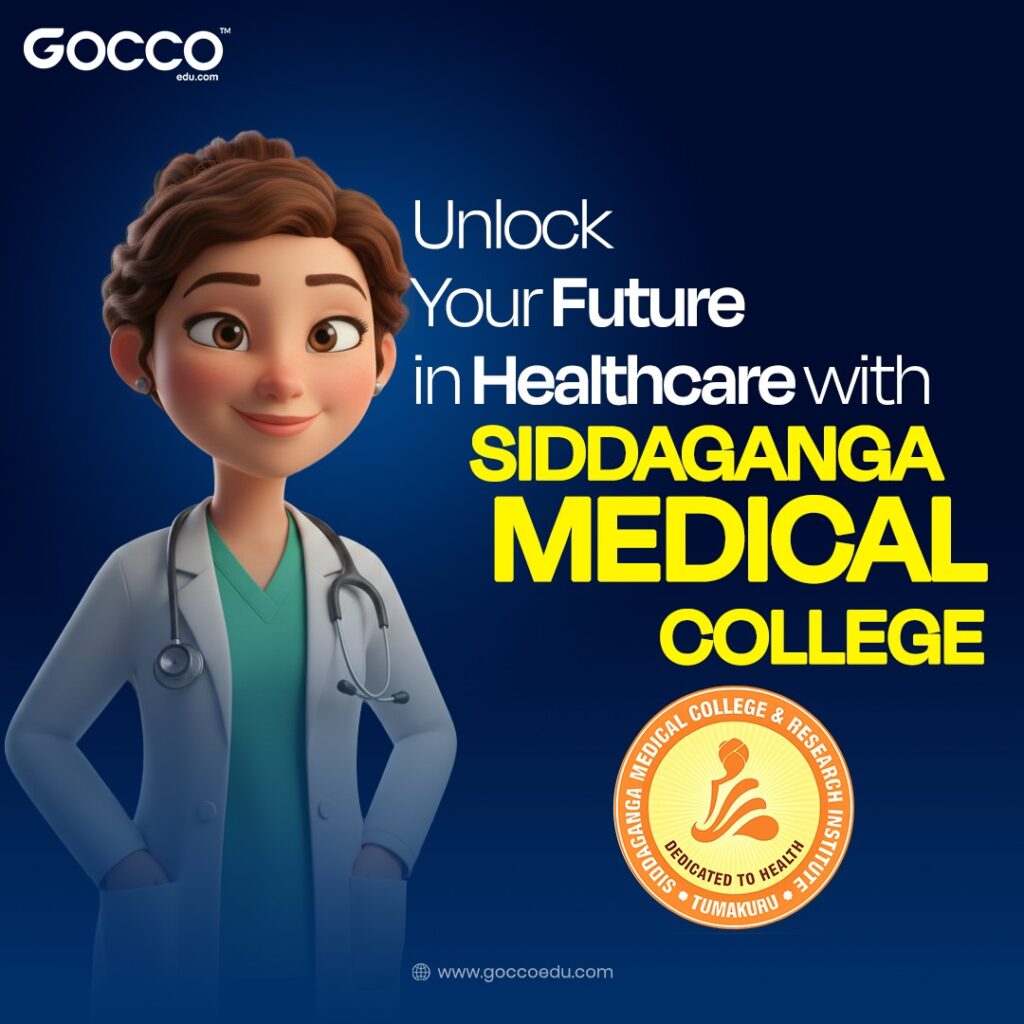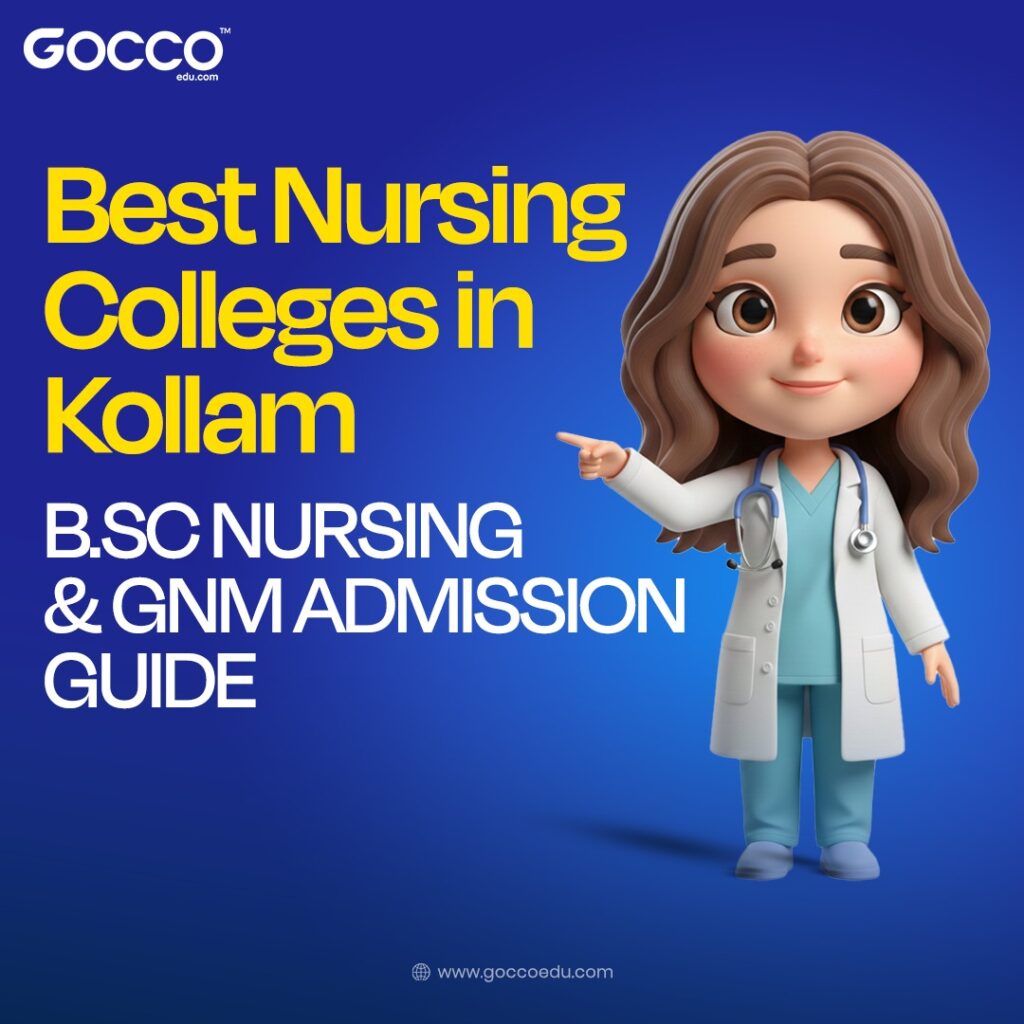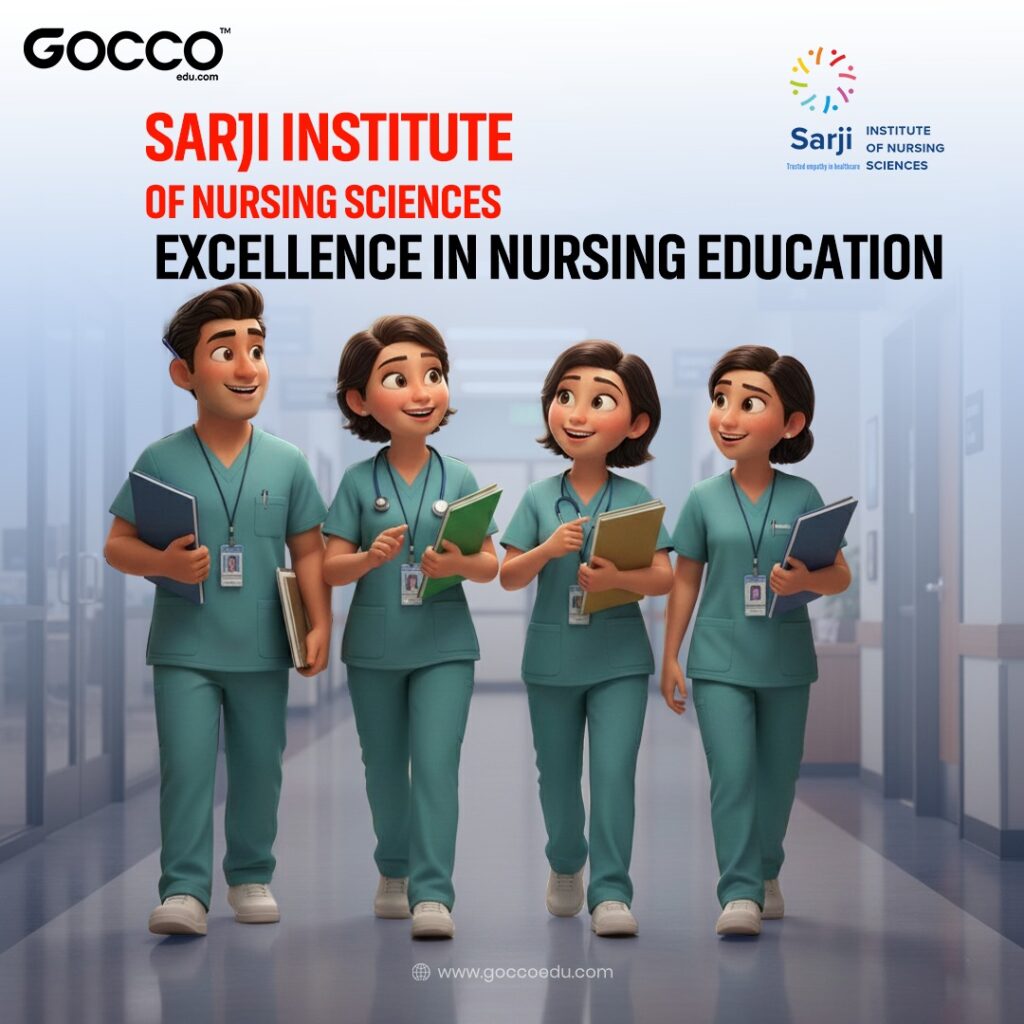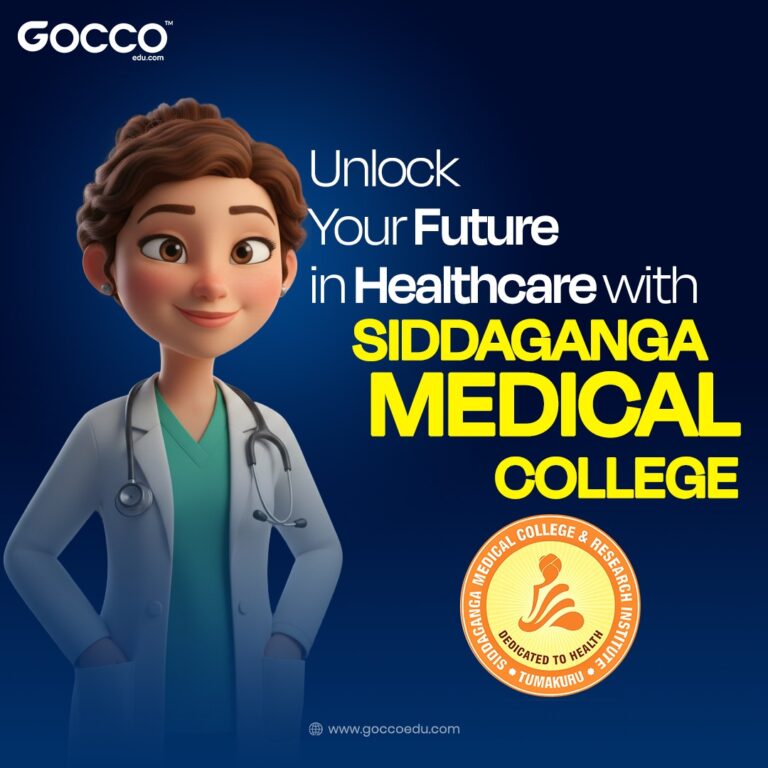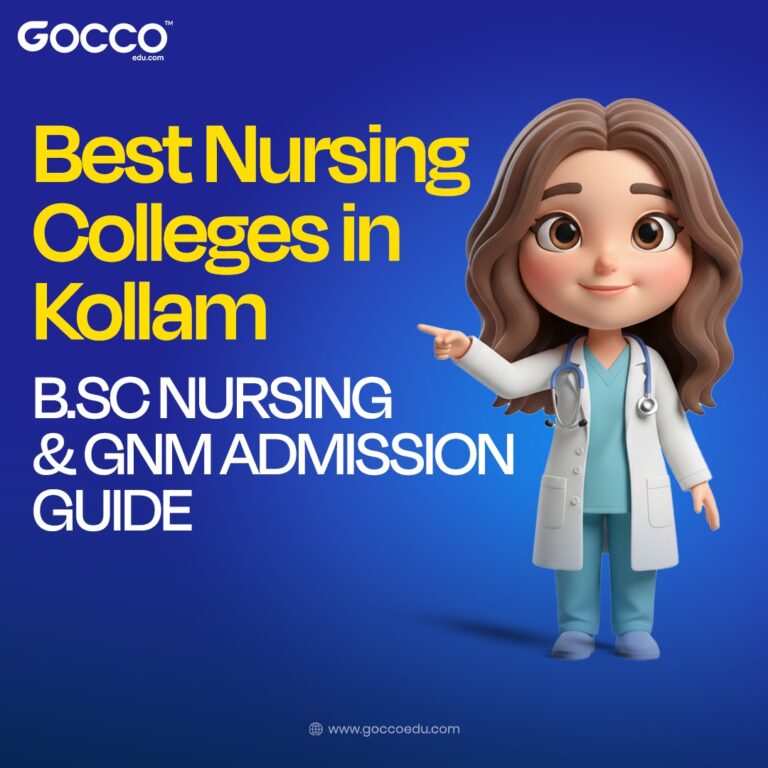B.Sc Cardiac Care Technology. Are you looking for a medical career after Plus Two but don’t want to get into MBBS or Nursing? Then B.Sc Cardiac Care Technology might be the right choice for you because it involves patient care and using innovative heart health technology.
In India, the paramedical course is gaining popularity among students because of its special interest emphasis, positive employment outlook, and heightened importance in health care delivery. Let’s get into the details, so you can make an informed decision about your future.
B.Sc Cardiac Care Technology – What is It About?
A B.Sc. in Cardiac Care Technology is a three to four-year undergraduate degree that trains students to assist doctors and cardiologists with patient diagnosis and the treatment of breast-related complications. The specialization emphasizes the operation of complex medical equipment, cardiac health and wellbeing monitoring, and assisting for critical procedures like cardiac catheterization, electrocardiograms (ECGs), and angioplasties.
As a cardiac care technologist, you’ll be playing a life-saving role in hospital settings, operating theatres, and intensive cardiac care units.
B.Sc Cardiac Care Technology Course Duration and Structure
The program has a duration of 3 years of classroom learning, plus clinical internship of 6 months to 1 year, based on the university.
The studied content includes theory, practical education, and practice in a real time hospital setting. You will be trained to operate machines such as
- ECG Machines
- Defibrillators
- Heart Monitoring Systems
- Stress Test Systems
B.Sc Cardiac Care Technology Eligibility Criteria
To gain entry into the B.Sc Cardiac Care Technology course, you must:
Have completed 10+2 with Physics, Chemistry, and Biology (PCB) as your major subjects.
Typically, the minimum marks will vary between 50% to 60% depending on the institution.
Some colleges may have entrance exams or may require you to complete the NEET exam, but most provide admission based on merit for the course.
If you are looking for a cardiac care course after the 12th class, this is one of the best options, given the mix of science and technology as well as patient care in the course.
- B.Sc Cardiac Care Technology Syllabus & Subjects
- The course consists of medical theory, human anatomy, and practical training. Below is a breakdown by semester.
- Year 1:
- Human Anatomy
- Physiology
- Biochemistry
- Introduction to Cardiac Care
- Year 2:
- Cardiac Pathology
- Pharmacology
- Medical Electronics
- Clinical Cardiology
- Year 3:
- Cardiac Imaging
- Critical Care Technology
- Emergency Procedures
- Research Methods
Internship:
- Rotational postings in ICU, Cardiology Wards, and Cath Labs
This program ensures you’re job-ready by the time you graduate.
B.Sc Cardiac Care Technology Job Opportunities & Career Scope
After completing the course, students can work in:
- Hospitals (cardiology departments)
- Cardiac care units
- Rehabilitation centers
- Operation theatres
- Diagnostic labs
You can be recruited in roles such as:
- Cardiac Care Technologist
- Clinical Technician
- ECG Technician
- Cath Lab Technologist
There is also growing demand in UAE, UK, Canada, and Gulf countries, making it ideal for those who wish to work abroad.
Salary After B.Sc CCT
A fresher in India can expect a monthly salary of ₹15,000 – ₹30,000 (approximately), with some increase expected with experience. On average, professionals in metropolitan cities or private hospitals can expect higher pay. As professionals gain experience in some cases, five years or more, they can expect salaries according to low‐pay scale such as ₹6 -10LPA , for those who are working abroad remuneration can be significantly higher.
If you are exploring salary after B.Sc CCT, be assured that this career can lead to sound performance in monetary rewards in future.
Higher Studies Options
If you want to pursue further education, you can go for:
- M.Sc in Cardiac Technology
- Postgraduate Diploma in Cardiac Care
- Master’s in Hospital Administration
- MBA in Healthcare Management
This can open doors to teaching, research, and managerial roles in healthcare.
Why Choose B.Sc Cardiac Care Technology as a Career After 12th?
Let’s recap why this course is highly recommended:
✅ High demand in India and abroad
✅ Work in life-saving cardiac teams
✅ Shorter duration compared to MBBS
✅ Great job satisfaction
✅ Steady growth and specialization options
✅ Affordable education with high ROI
For students searching for medical courses after 12th without NEET, this is one of the best paramedical courses available.
Final Thoughts: Is B.Sc Cardiac Care Technology Right for You?
Deciding on a career after your Plus Two is an important next step. If you want to work with patients, you are interested in working with cardiology, and you want a career that matters, then consider B.Sc Cardiac Care technology.
There is high demand for graduates in India and abroad, good pay potential and you would get to work in life-saving medical teams, it’s a pathway I would consider a smart and noble career path.
So if you’re still searching nominations like: “B.Sc Cardiac Care Technology course details” or “career after 12th science in paramedical”, you’re in a course that has ticked all the right boxes!

